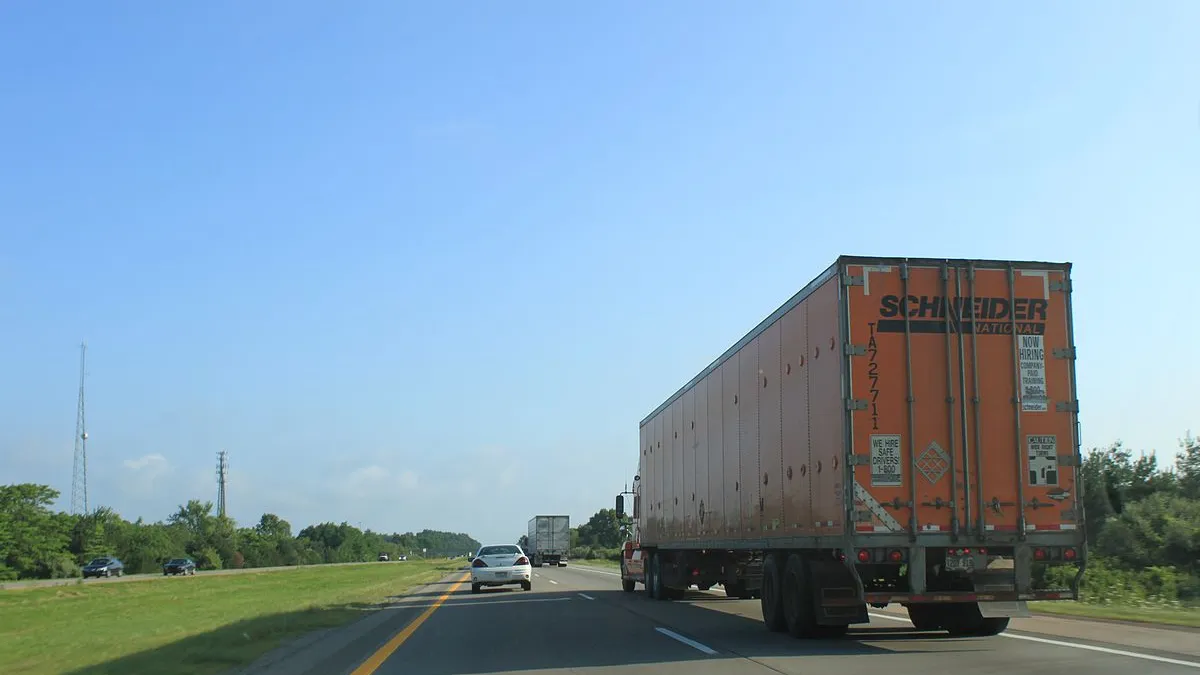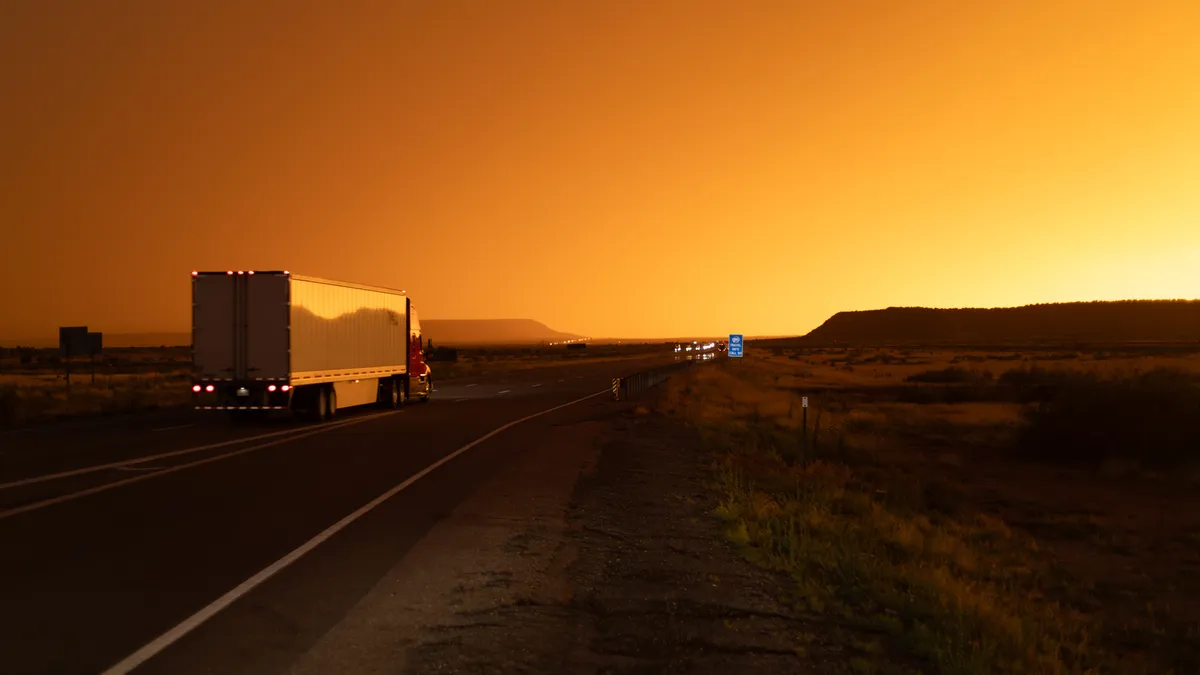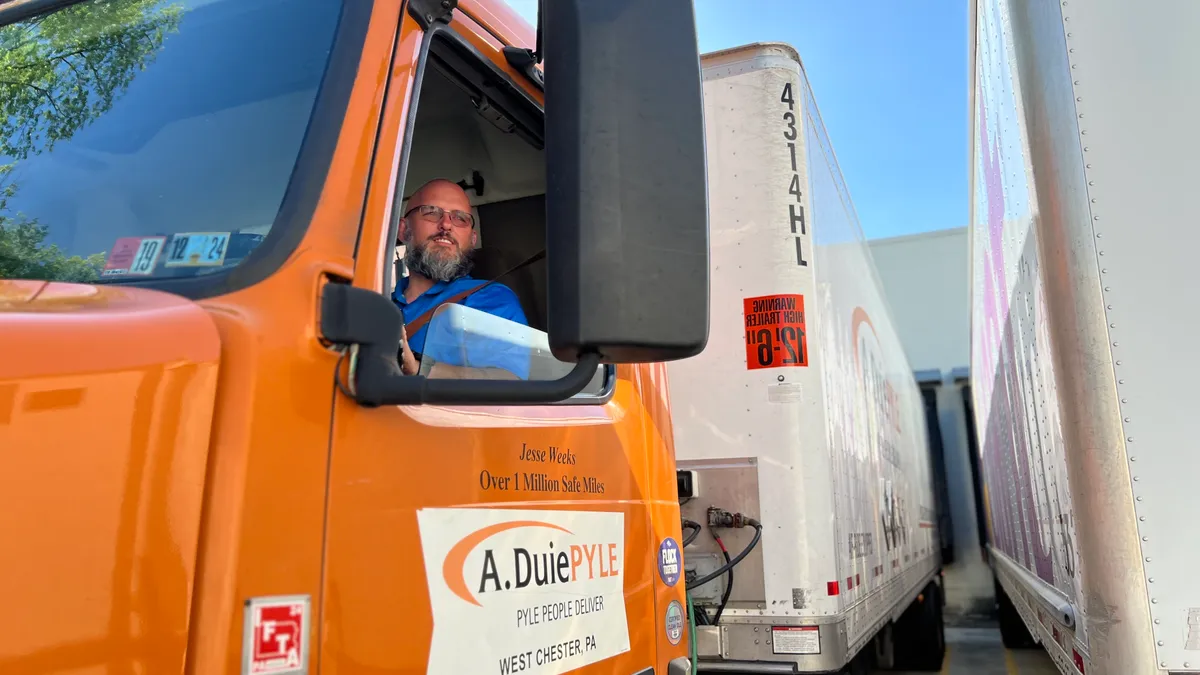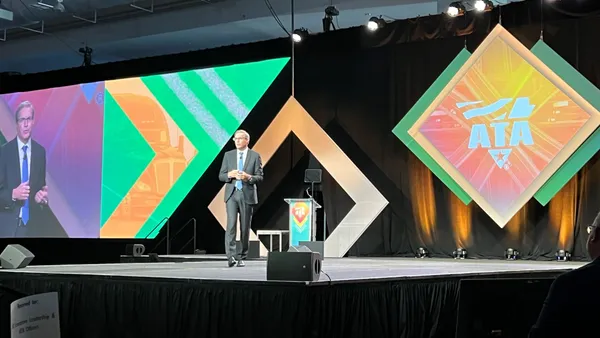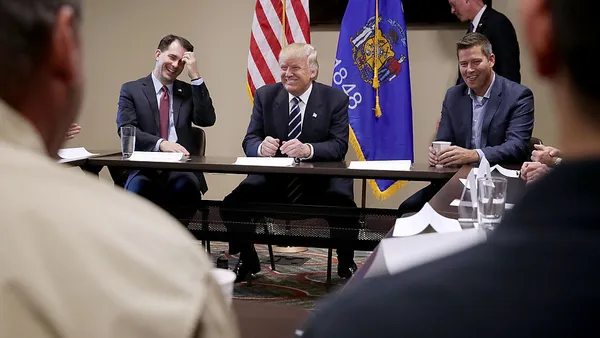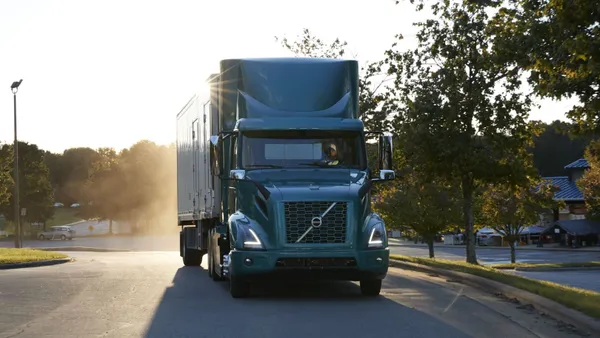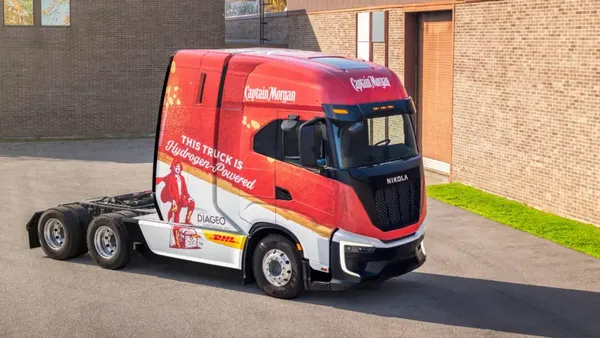Dive Brief:
- Trailer order activity for February fell to 13,000 units, the lowest total for the month of February since the recession year of 2009, according to FTR, a transportation research agency based in Bloomington, Indiana.
- February 2020 trailer orders dropped 20% from January, indicating the plunge may have been directly related to news about COVID-19. Orders were down 45% from February 2019, FTR reported in a March 13 news release emailed to Transport Dive.
- Trailer orders stand at 184,000 units for the past 12 months. Trailer orders were generally weak across all segments and OEMs, FTR said, and cancellations were up, "representing the anxiety in the market and the country."
Dive Insight:
"This is about as much uncertainty as can be injected into the trailer market," said Don Ake, FTR vice president of commercial vehicles, in a March 13 news release. "Few fleets are ordering, and no one is placing large orders in this chaotic environment."
Ake said FTR expects event cancellations and societal restrictions for March will lead orders to fall further. But the silver lining is that orders should recover "significantly" when the situation stabilizes, Ake said.
"The virus is expected to cause some shifts in freight demand as consumers change their buying habits in the short-term," said Ake. "Fleets have enough equipment to handle current freight volumes, so they can afford to wait until the crisis abates before ordering new trailers."
FTR's trailers report follows its March 3 report on Class 8 tractor orders for February 2020. FTR reported preliminary orders for February fell an unexpected 20% from January, to a total of 14,100 units. It was the lowest order activity for the month of February since 2010 and down 18% year over year, FTR reported
Ake said fleets were already slowing down orders because of 2019's weaker freight market. Then COVID-19 showed up in North America.
"The market was already in a wait-and-see mode before the virus spread," Ake said in the March 3 news release. "The current uncertainty has just made more fleets leery of taking on additional risks."


